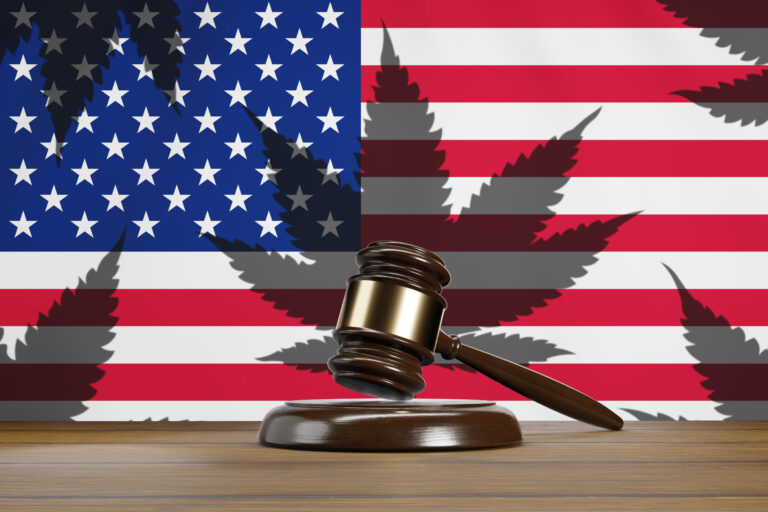Don’t hold your breath, as we all know how fast the government moves, but there appears to be some additional movement toward the federal descheduling of marijuana as a controlled substance and its use in edibles.
On October 6, President Biden conducted a briefing stating that he will pardon all prior federal offenses of “simple possession” of marijuana; he is urging state governors to do the same; and he is asking federal regulators to review how marijuana is scheduled under federal law. In a separate action, the FDA has hired a new advisor with state cannabis regulatory experience. While there are certainly plenty of mountains to climb in the move toward federal legalization, we do see all this as indicating some progress on the policy front.
To further detail the federal actions:
- The federal – and potential state – pardons are for those who possessed a small amount (as currently codified at 21 U.S.C. 844) of marijuana – that is the marijuana was for personal use with no plans to further distribute it. It does not apply to trafficking, marketing, and under-age sales.
TAG Insight. Although President Biden is asking the states to follow his lead, he cannot require them to do so. But with at least 37 of the 50 states already having legalized cannabis for medical use, 19 for recreational, and measures on the midterm ballots for five more states, such federal action could start to sway some of the holdouts. - The marijuana schedule review is being “expeditiously” requested of Secretary of Health and Human Services and the Attorney General, with the intent to remove marijuana from the list of Schedule I Controlled Substances which is “meant for the most dangerous substances” (e.g., heroin and LSD).
TAG Insight. The “expeditious” nature of the regulators’ initiation of the administrative process to review the controlled substance schedule of marijuana is likely dependent on the President’s follow-up on the ask. While expeditious does equate to swift, it also relates to efficient, and without any sort of timeline, the action is unlikely to take a high priority in an already overworked agency. - In September, the FDA hired Norman Birenbaum as Senior Public Health Advisor in the Center for Drug Evaluation and Research (CDER). In addition to stints as cannabis programs director in both New York State and Rhode Island, Birenbaum was the Founding President of Cannabis Regulators Association (CANNRA).
TAG Insight. Having a presumed cannabis advocate in this high-level CDER position could mean good things for the forward movement of cannabis regulation. While we wouldn’t expect use in edibles to be a first priority, we would expect it to eventually translate to that, even if it’s not “expeditiously.”
In addition to the above insights, TAG would also expect forward movement to require more alignment and/or compromise between political parties, and potentially more states moving to full legalization before there is substantive action at the federal level. But any steps toward decriminalization and descheduling is positive for the cannabis industry.





